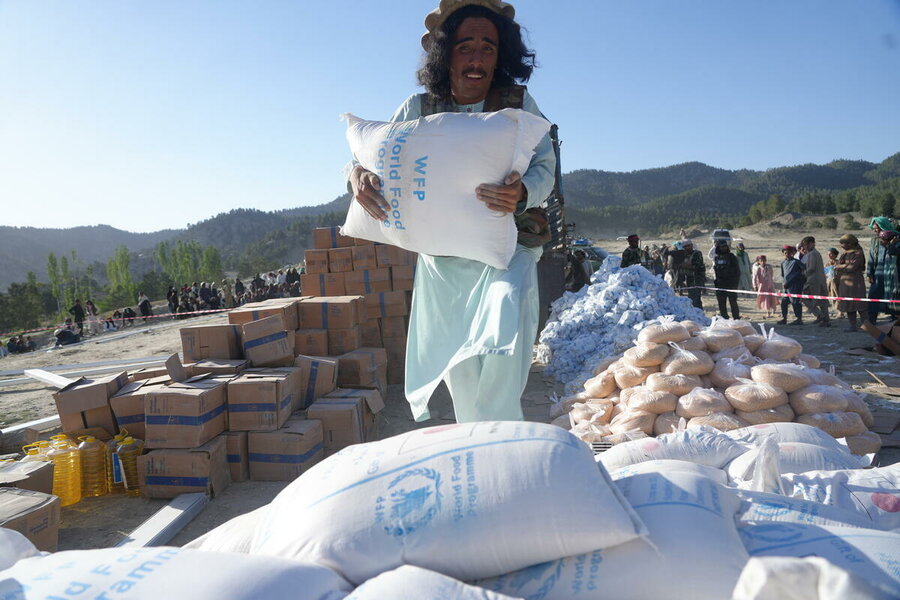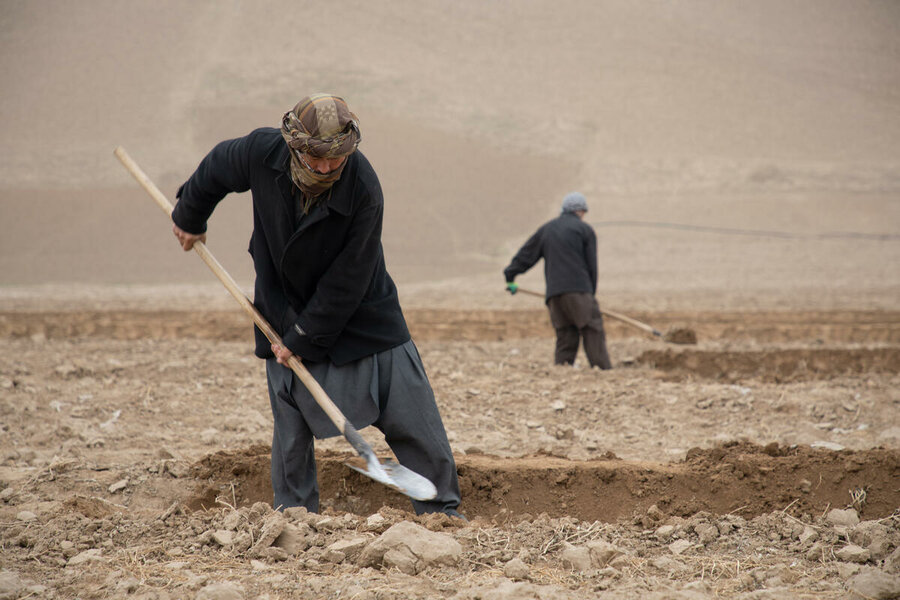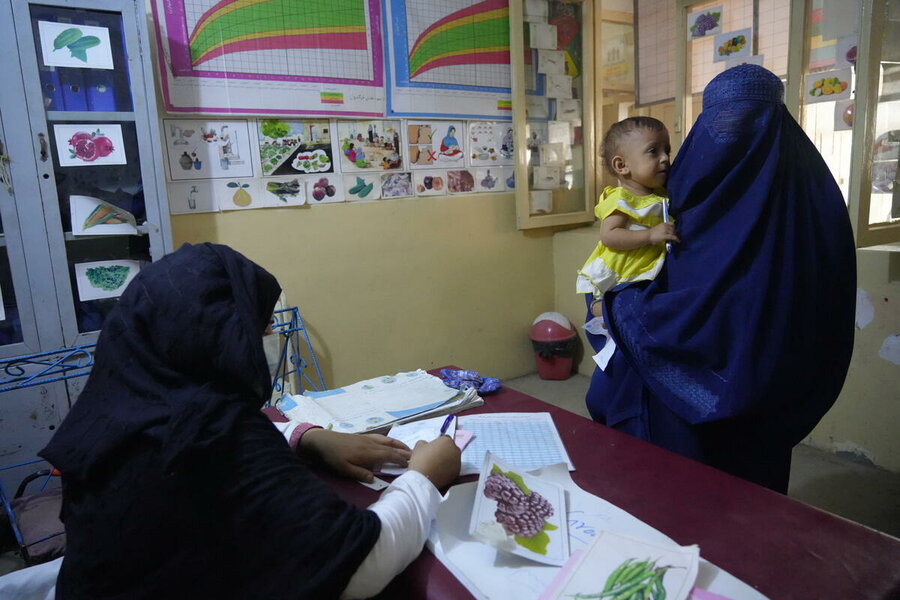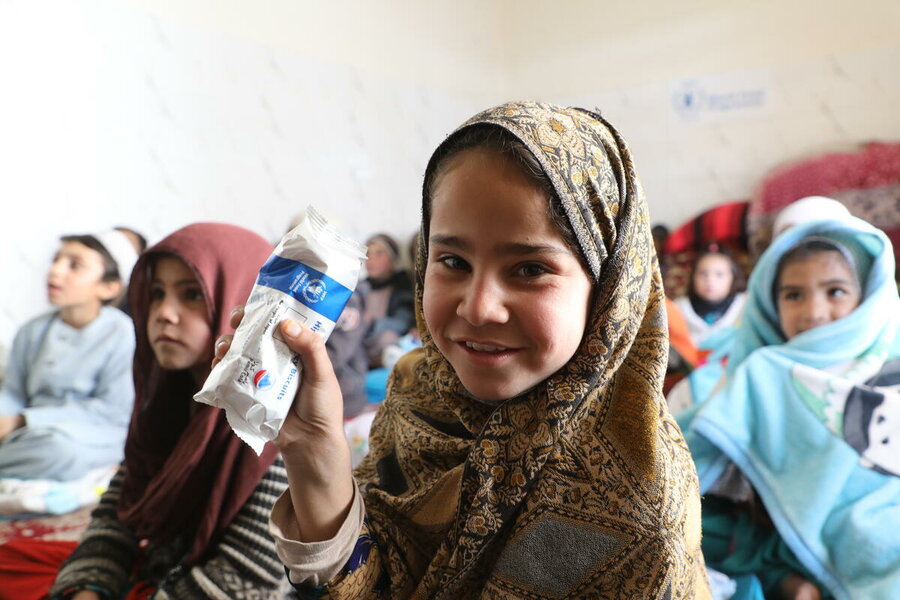More than a year after foreign forces withdrew and the Taliban took power across the whole of Afghanistan, the country's economy has withered and development aid and assets are still largely frozen, leaving the country facing its most serious risk of famine in 20 years.

Millions of families have almost no way to cope with another harsh winter. Indeed, the World Food Programme (WFP) is one of the last remaining barriers between Afghanistan and famine.
But the strength of our hunger barrier will depend on donor generosity. WFP urgently needs US$1.1 billion to continue delivering monthly food and nutritional assistance for the next six months to 18 million acutely food-insecure Afghans - six million of whom are teetering on the brink of famine. The sum includes US$172 million to pre-position 150,000 mt of food for winter.
One of the few upsides to the past year has been a decrease in conflict, increasing humanitarian workers' abilities to reach remote, vulnerable communities.
The past 12 months have seen Afghanistan's fragile economy crumble, jobs disappear, livelihoods vanish, and climate shocks destroy homes and livelihoods.
As emergencies that compound an ongoing broad emergency, earthquakes and massive floods have left a swathe of destruction in Afghanistan and now in Pakistan, spelling further hardship for Afghans - who rely on their neighbouring country for much of their trade.

Farmers are still reeling from one of the country's worst droughts in decades, with their shrivelled harvests worsening already skyrocketing hunger.
For the first time, urban and middle-class families are being hit too. Also, mounting barriers prevent women and girls from accessing the food, education and skills they need to feed their families and move forward.
Meanwhile, a darkening global food-security landscape, economic slowdown and soaring prices driven by the war in Ukraine have left one of the world's largest humanitarian crises struggling for financing.
Punishing winter ahead
Most crucial will be the coming winter months, when hunger bites hardest. If the urgently required funding comes through, WFP plans to pre-position food in rugged and remote areas in the weeks before snow and ice close roads and make many communities inaccessible. This will help avoid catastrophic levels of food insecurity and even starvation.

Despite steep odds, over the past year WFP has reached more than half the country's population with life-saving food and nutritional support. The majority of those we assist are women and girls.
The current economic crisis dramatically exacerbates the already dire situation in the country. The need for assistance programmes that help households and communities build livelihoods and support themselves is more important than ever.
We are working with farmers, millers, bakers and women to build skills and strengthen livelihoods. WFP projects like reforestation and flood protection help fight the effects of the climate crisis, which is deepening Afghanistan's hunger crisis.

In primary schools WFP delivers high-energy biscuits to roughly half-a-million girls and boys, along with nutritious school snacks prepared in local bakeries using wheat and soya flour from Afghan farmers.
Donors have been generous, but the scale of the hunger crisis is immense. Needs outpace
available funding. International generosity is critical for any meaningful scale back of hunger and malnutrition - the most basic pre-conditions for Afghans to recover and move forward.






